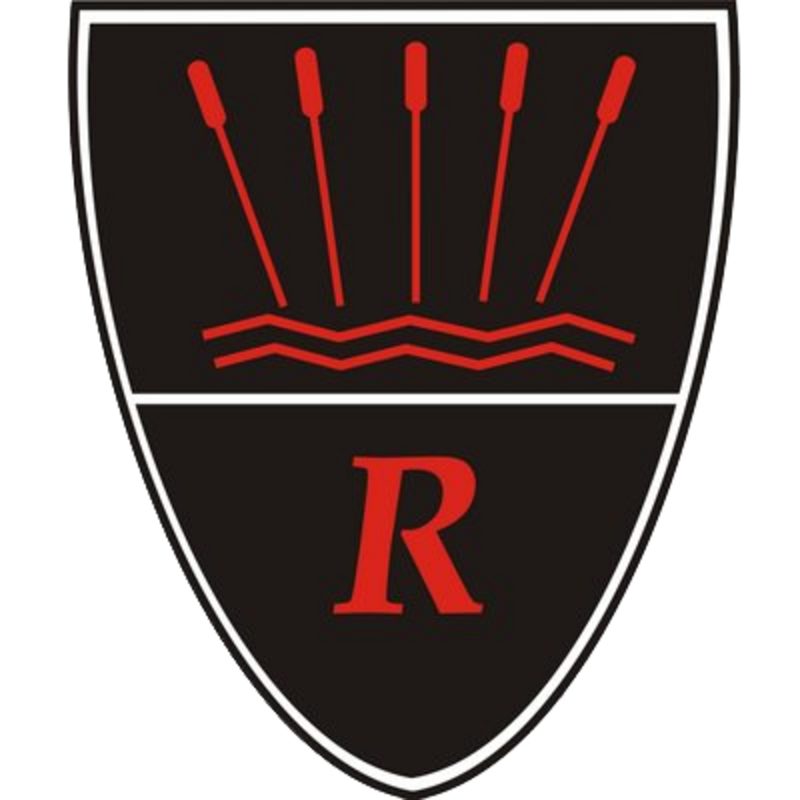
Course outline The course leads to an examination set by Edexcel and during the course you will develop and improve your skills in solo and ensemble performance, composing, listening and analysing. You will gain insight into how and why a wide variety of music was written and/or performed. Lesson structure and expectations The majority of performance work takes place in students’ _own instrumental lessons, and students regularly take part in tea concerts to practise their recital repertoire. Classroom lessons are divided equally between composition, harmony work and study of set works. Students are expected to attend all classroom lessons, instrumental lessons and at least 2 extra-curricular ensembles. They are also expected to spend time outside of lessons in the department, for example completing composition and harmony exercises on department computers. Course requirements A grade 5 in GCSE music. Next steps Music is taught at a large number of universities, and can also be studied at specialist conservatoires and colleges and some FE colleges. Almost all of these require a prospective student to attend an interview, to perform and also to take written papers. Courses can be purely theoretical or a mixture of theoretical and practical. Entrance to a conservatory is by competitive entrance examination. You need to be above grade 8 standard to apply. There is an increasing interest in music technology and more and more HE music technology courses are appearing. It is also becoming more usual as a component in all music degrees. Popular and folk music are also degree options and music can also be chosen as a component in performing arts degrees. Music can be studied with another subject as a joint degree. Future careers include performing to teaching, librarianship, music therapy, publishing, journalism, retail and marketing, orchestral management, arts administration, composing and arranging, jobs in the recording and broadcasting industries, etc. Also, music can be used for any job wanting an arts degree qualification and musicians have become lawyers (often specialising in contracts, copyright, etc.) or accountants.
About Education Provider
| Region | East of England |
| Local Authority | Central Bedfordshire |
| Ofsted Rating | Good |
| Gender Type | Co-Educational |
| Address | Flitwick Road, Ampthill, Bedford, MK45 2NU |
Course outline The course leads to an examination set by Edexcel and during the course you will develop and improve your skills in solo and ensemble performance, composing, listening and analysing. You will gain insight into how and why a wide variety of music was written and/or performed. Lesson structure and expectations The majority of performance work takes place in students’ _own instrumental lessons, and students regularly take part in tea concerts to practise their recital repertoire. Classroom lessons are divided equally between composition, harmony work and study of set works. Students are expected to attend all classroom lessons, instrumental lessons and at least 2 extra-curricular ensembles. They are also expected to spend time outside of lessons in the department, for example completing composition and harmony exercises on department computers. Course requirements A grade 5 in GCSE music. Next steps Music is taught at a large number of universities, and can also be studied at specialist conservatoires and colleges and some FE colleges. Almost all of these require a prospective student to attend an interview, to perform and also to take written papers. Courses can be purely theoretical or a mixture of theoretical and practical. Entrance to a conservatory is by competitive entrance examination. You need to be above grade 8 standard to apply. There is an increasing interest in music technology and more and more HE music technology courses are appearing. It is also becoming more usual as a component in all music degrees. Popular and folk music are also degree options and music can also be chosen as a component in performing arts degrees. Music can be studied with another subject as a joint degree. Future careers include performing to teaching, librarianship, music therapy, publishing, journalism, retail and marketing, orchestral management, arts administration, composing and arranging, jobs in the recording and broadcasting industries, etc. Also, music can be used for any job wanting an arts degree qualification and musicians have become lawyers (often specialising in contracts, copyright, etc.) or accountants.